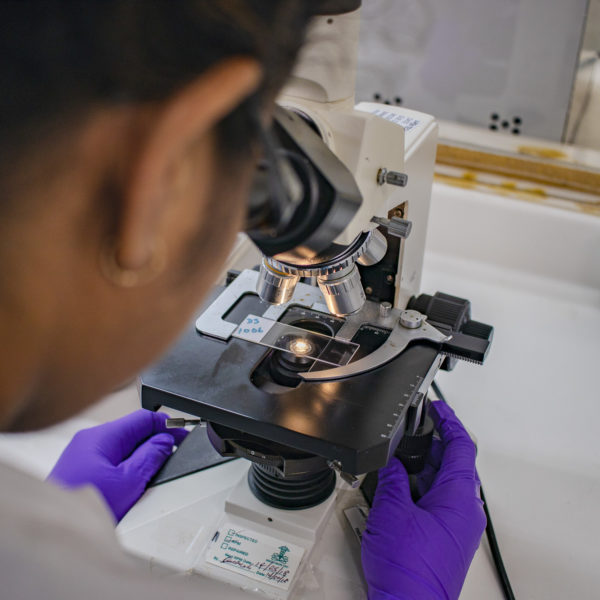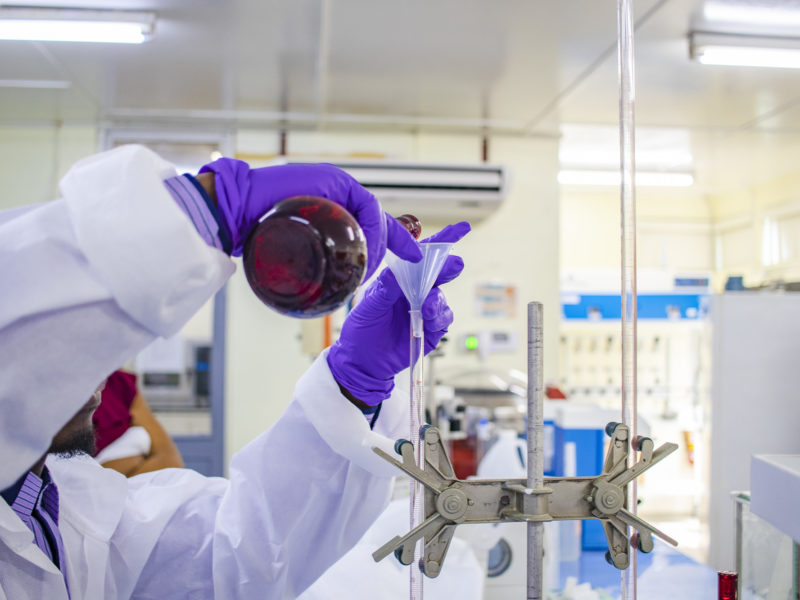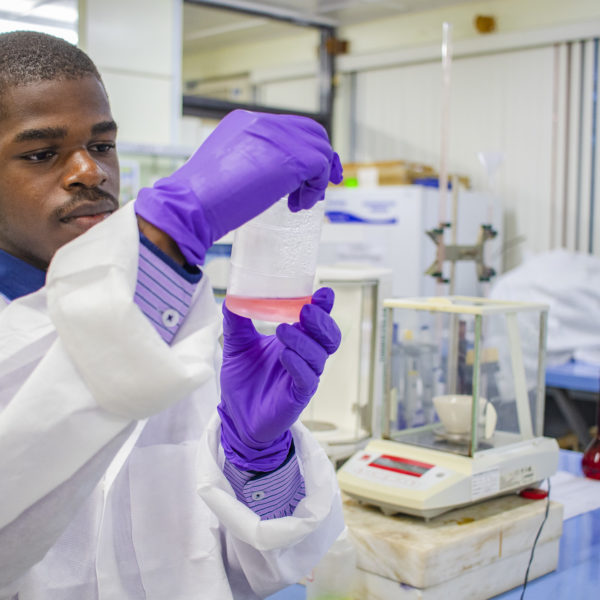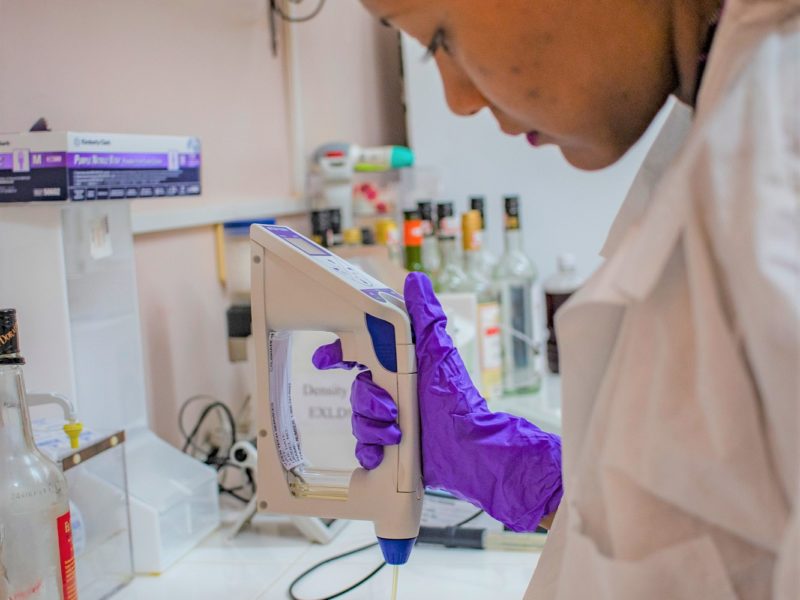OUR LABORATORIES
QUALITY POLICY
The management of Laboratories of the Government Analyst – Food & Drug Department (GA- FDD) is committed to good professional practice and to quality testing in serving our customers by providing accurate, reliable and timely results for food, drugs, water, cosmetics and medical devices.
This commitment is realized through:
- Adhering to documented quality procedures and practices in accordance to ISO 17025: 2005.
- Adhering to the regulations of the Food and Drug Act 1971.
- Delivering a timely and efficient service to all customers.
- Conducting audits to determine the suitability and effectiveness of the quality management system.
- Identifying and acting upon opportunities for improvement through a management review process.
- Training of staff at every level in accordance to documented procedures.

Drug Chemistry Laboratory
The Drug Chemistry Laboratory is responsible for determining the quality and efficacy of pharmaceutical submitted as part of: Drug Registration, Inspection Campaigns, Laboratory Surveys and Consumer Complaints. Quality determinations are conducted according to internationally recognized Pharmacopeias (BP, IP & USP). General tests include Identification of API, Uniformity of dosage units, disintegration and dissolution of solid dosage forms (tablets & capsules) and Assay (Amount of API).
Food Chemistry Laboratory
The Food Chemistry Laboratory is responsible for determining the chemical quality of foods. The analyses performed are proximate analysis and micro-nutrients, additives, quality control, physiochemical analysis, lending support to the Nutrition Department of the Ministry of Public Health; and seafood analysis which lends support to the Seafood Industry in keeping with export protocols.


QUALITY OBJECTIVES
- To provide data that is accurate, reliable, and of appropriate quality for its intended use by customers and to communicate the result.
- To develop and maintain a quality management system of integrity that meets the requirement of ISO17025.
- To document laboratory procedures and practices so that laboratory employees and customers can understand them to ensure the traceability of records in all activities related to quality.
- To identify and act upon opportunities for improvement through a management review process.
- To ensure that all staff are competent through on-going training and participation in Proficiency Tests/ Inter-laboratory Comparisons at least once yearly.
- To audit the laboratories to determine suitability and effectiveness of the laboratory management system.
PRICE LIST
This section outlines the scope of testing for the GA-FDD laboratories and their corresponding cost. These Prices are subject to change without notice. The scope of testing will be dependent on the availability of resources and analytical capabilities.

Water Chemistry Laboratory
The Water Chemistry Laboratory is responsible for determining the chemical quality of tap water, purified water, treated well water and waste water. Tests performed by the Laboratory include – pH, total dissolved solids, conductivity, turbidity, total hardness, total suspended solids, true and apparent color, total iron and total chloride.
Food Microbiology Laboratory
The Food Microbiology Laboratory conducts qualitative and
quantitative analysis on food and water for the detection of food borne pathogens and spoilage organisms to ensure conformity to quality and safety standards. The microbiological analyses for examining foods include Aerobic Plate Count, Salmonella, Staphylococcus aureus, Yeasts & Moulds, Total and Faecal Coliforms and E. coli, etc. The microbiological analysis done on water include total coliform and E. coli, Pseudomonas etc.
Excise Chemistry Laboratory
The Excise Laboratory is charged with the responsibility of determining the alcohol content of alcoholic beverages in order to facilitate revenue collection. The Laboratory performs the following tests:
- % Alcohol v/v
- Determination of % Alcohol by Volume in Distilled Liquors.
- Determination of Obscuration in Distilled Liquors.
- Determination of % Dry Extract in Distilled Liquor
- Determination of pH in Spirituous Beverages
- Determination of Acids in Distilled Liquors



